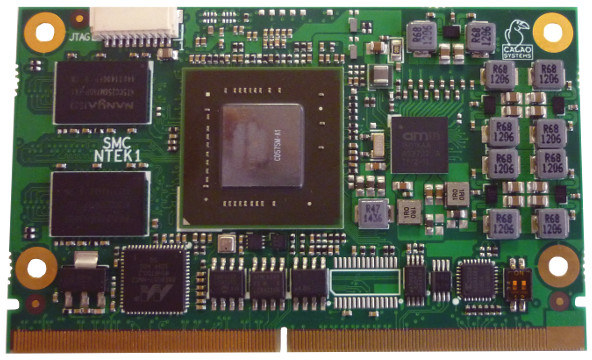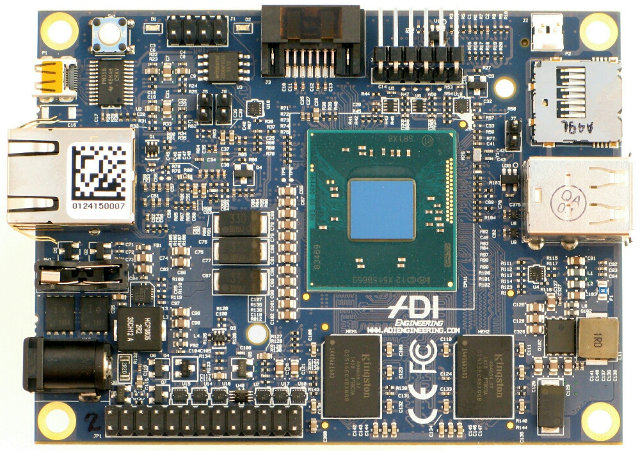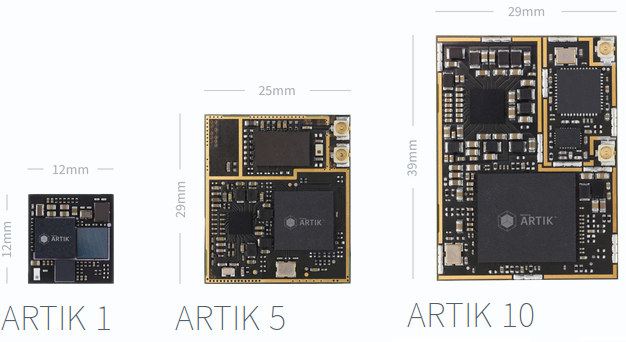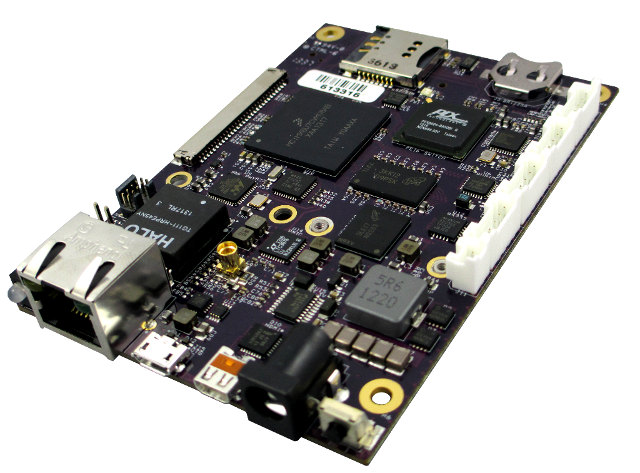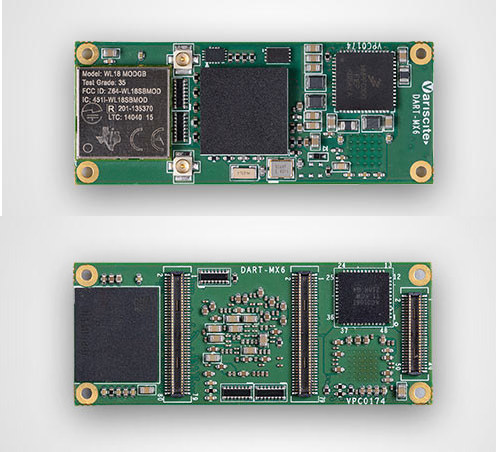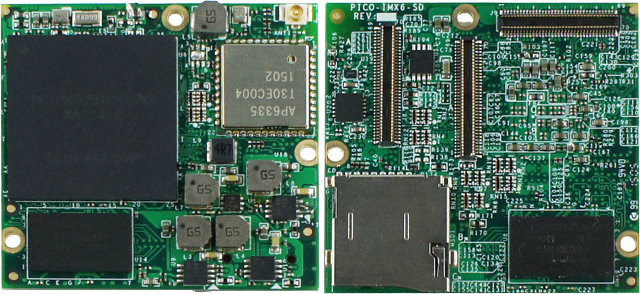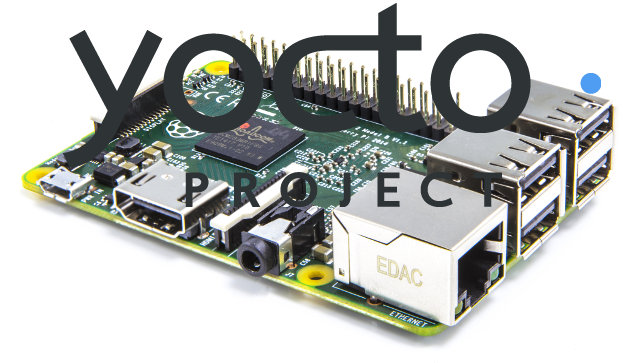After Google Brillo operating system was officially launched last week, another company has announced free operating systems for IoT. What’s peculiar is that the company is Wind River a vendor of commercial operating systems whose typical business model is to sell licenses for their operating systems and fees for their development services. Nevertheless, the company has now introduced Wind River Rocket real-time operating system, and Wind River Pulsar Linux operating system. Both OSes will interface with the company’s Helix Cloud software-as-a-service (SaaS) products, which is probably how the company intends to monetize their work, on top of customization services. Wind River Helix App Cloud is currently made of three products: Helix App Cloud cloud-based development environment for building IoT applications Helix Lab Cloud cloud-based virtual hardware lab for simulating and testing IoT devices and complex systems. Helix Device Cloud cloud-based platform for managing deployed IoT devices and their data. Some […]
Calao Systems SMC-NTEK1 is a SMARC System-on-Module Powered by Nvidia Tegra K1
Calao Systems has introduced a new system-on-module compliant with SGET SMARC specifications, and powered by Nvidia Tegra K1 quad core Cortex A15 processor, that targets embedded systems for vision, video, data analytic and high computing applications. Calao SMC-NTEK1-IXX module specifications: SoC – Nvidia Tegra K1 quad core Cortex A15 processor with a Kepler GPU System Memory – 2GB DDR3L Storage – 8 GB e-MMC, 8 MB SPI Flash, 1x EEPROM with unique S/N and MAC address Security – 1x Trusted Platform Module (TPM), 1x Crypto Authentication I/Os via MXM3 edge connector: Storage – SATA 3Gb/s, 1x SDIO Video Output – 1x LVDS, 1x HDMI Video Input / Camera – 2x CSI Audio I/F – 1x I2S, 1x S/PDIF Out Debugging – 1x JTAG Network connectivity – 1x Gigabit Ethernet USB – 2x USB 2.0 Host, 1x USB 2.0 OTG 1x PCIe x1 4x UART, 1x SPI, 3x I2C, 12x GPIO […]
MinnowBoard Turbot SBC Gets an Intel Atom E3826 Dual Core Processor, FCC & CE Certification
MinnowBoard MAX launched las year as a low cost board based on Intel Bay Trail-I single or dual core processor, and was mostly targeting developers of embedded systems and hobbyists, but could not be used by OEMs as it lacked FCC & CE certifications. ADI Engineering designed a MinnowBoard compatible board named MinnowBoard Turbot with a faster Intel Atom E3826 dual core processor, FCC & CE certifications, and various other hardware modifications bringing improved HDMI, a better voltage regulator, and populating several connectors. MinnowBoard Turbot specifications: SoC – Intel Atom E3826 dual-core processor @ 1.46 GHz (7W TDP) System Memory – 2GB DDR3L 1333 MT/s (Soldered) – Options: 1GB, or 4GB DDR3L Storage – 1x Micro SD card slot, 1x SATA2 3Gb/sec, 8 MB SPI Flash for firmware (Tianocore UEFI, Coreboot / SeaBIOS) Video & Audio Output – micro HDMI connector Connectivity – 10/100/1000M Ethernet RJ-45 connector USB – 1x […]
Samsung Artik is a Family of Arduino Compatible Boards for IoT Applications
There was a time when development boards were only reserved to companies, then boards like Arduino or Beagleboard made these available and affordable to consumers, and with the introduction of the Raspberry Pi, the maker movement grew even more rapidly, and many low cost boards started to be designed and manufactured mostly my smallest companies. But now larger companies like Intel or Qualcomm have jumped on the makers’ bandwagon, and the latest entry is Samsung with their Artik platform currently comprised of three boards that are programmable with the Arduino IDE. Let’s go through specifications for the three boards: Artik 1 SoC – Dual Core MIPS32 processor @ 250MHz (microAptiv UP) and 80MHz (microAptiv UC) without GPU Memory – 1MB RAM on-chip Storage – 4MB SPI flash Display – Up to WVGA (800×480) Connectivity – Bluetooth Low Energy with chip antenna Security – Secure element Sensor – 9-axis motion sensor […]
Ventana GW5220 ARM Linux SBC Supports WiFi, Wimax, 3G Cellular Connectivity & PoE
Gateworks recently launched another Freescale i.MX6 board part of theur Ventana family with Ventana GW5220 single board computer with Freescale i.MX6 dual processor, HDMI out, Ethernet, and a PCIe slot that takes modules adding WiFi 802.11 b/g/n/a, 4G Wimax, and 3G (CDMA/GSM) connectivity, as well as other compatible PCIe modules. Gateworks GW5520 board specifications: SoC- Freescale i.MX6 Dual with 2x Cortex A9 core @ 800MHz and Vivante GPU System Memory – 512 MB (default) to 2GB DDR3-800 SDRAM Storage – 256 MB (default) to 2GB Flash, micro SD slot, serial configuration EEPROM Connectivity – 1x Gigabit Ethernet port (RJ45) Video Output and Input – HDMI 1.4 out, CVBS, Y/C, and YPbPr inputs, LVDS output (TIA/EIA 644-A) Audio – HDMI, analog stereo Line In/Out, or Headphone/Mic Expansion – 2x Mini PCIe sockets including one supporting USB and SIM socket, and the other supporting PCIe, mSATA and USB signals. Other I/O ports: […]
Variscite DART-MX6 is a Tiny SoM with Freescale i.MX6 SoC, Wi-Fi and Bluetooth
Variscite has unveiled what they claim to be the world’s smallest i.MX6 SoM with DART-MX6, a 50x20mm system-on-module featuring Freescale i.MX6 dual or quad processor, up to 1GB RAM, up to 32GB eMMC flash, as well as a wireless module for Wi-Fi and Bluetooth connectivity. Other small i.MX6 modules include TechNexion PICO-iMX6, or SolidRun microSoM found in Hummingbird board, and DART-MX6 has indeed the smallest area among the three. DART-MX6 specifications: SoC- Freescale i.MX6 dual or quad core Cortex A9 processor up to 800 MHz with Vivante GC2000 3D GPU System Memory – 512 to 1024 MB LPDDR2 (PoP) Storage – 4 to 32GB eMMC flash, 4KB I2C EEPROM Connectivity – Wi-Fi 802.11 a/b/g/n + MIMO, Bluetooth 4.0 BLE (TI WL183xMOD WiLink) Audio Codec – Texas Instruments TLV320AIC3106 Interfaces and I/Os via 2x 80-pin and 1x 50-pin board to board connectors Camera Interfaces – 1x CSI, 2x CPI Display – […]
TechNexion Introduces Intel Edison Compatible PICO-iMX6 SoM and DWARF Board
Intel Edison is a board made for wearables featuring an SoC with Intel Atom and Quark CPU cores. TechNexion, an embedded systems company based in Taiwan, has decided to make a mechanically and electrically compatible system-on-module featuring Frescale i.MX6 Solo or Duallite ARM Cortex A9 processor called PICO-iMX6. The company is also providing a PICO-DWARF baseboard that’s both compatible with PICO-iMX6 SoM and Edison board. DWARF stands for “Drones, Wearables, Appliances, Robotics and Fun”, so that pretty much explains what the platform is for. PICO-iMX6 System-on-Module Two version of the modules are available: PICO-iMX6-SD and PICO-iMX6-EMMC, the former with a micro SD slot for storage, and the latter a 4GB eMMC. Both share the followings specifications: SoC – Freescale i.MX6 Solo / Duallite single/dual core ARM Cortex A9 @ 1Ghz with Vivante GC880 3D GPU and Vivante GC320 2D GPU (Composition) System Memory – 512MB or 1GB DDR3 Storage – […]
Build a Raspberry Pi 2 Minimal Image with The Yocto Project
The Yocto Project is a build system that allows developers to make custom Linux distributions matching their exact needs. I’ve already shown how to build a 12MB Compressed image for the Raspberry Pi with Yocto, but the Raspberry Pi 2 has recently been added to the project, so I’ve tried to build it too in a machine running Ubuntu 14.04. I’ll use poky since it’s the default, but you could also build the system for Angstrom or without distributions (OpenEmbedded Core only). The steps to get the code is just the same as for the Raspberry Pi:
|
1 2 3 4 5 |
mkdir yocto cd yocto git clone git://git.yoctoproject.org/poky.git cd poky git clone git://git.yoctoproject.org/meta-raspberrypi |
You just need to checkout master, and not any branch (like dizzy) since R-Pi 2 is not yet supported in any release. Initialize some environment variables and the build directory:
|
1 |
. oe-init-build-env build |
Now edit conf/local.conf with vim or nano to set the machine to raspberrypi2 instead of qemux86:
|
1 2 |
MACHINE ??= "raspberrypi2" GPU_MEM = "16" |
There are more Raspberry […]



